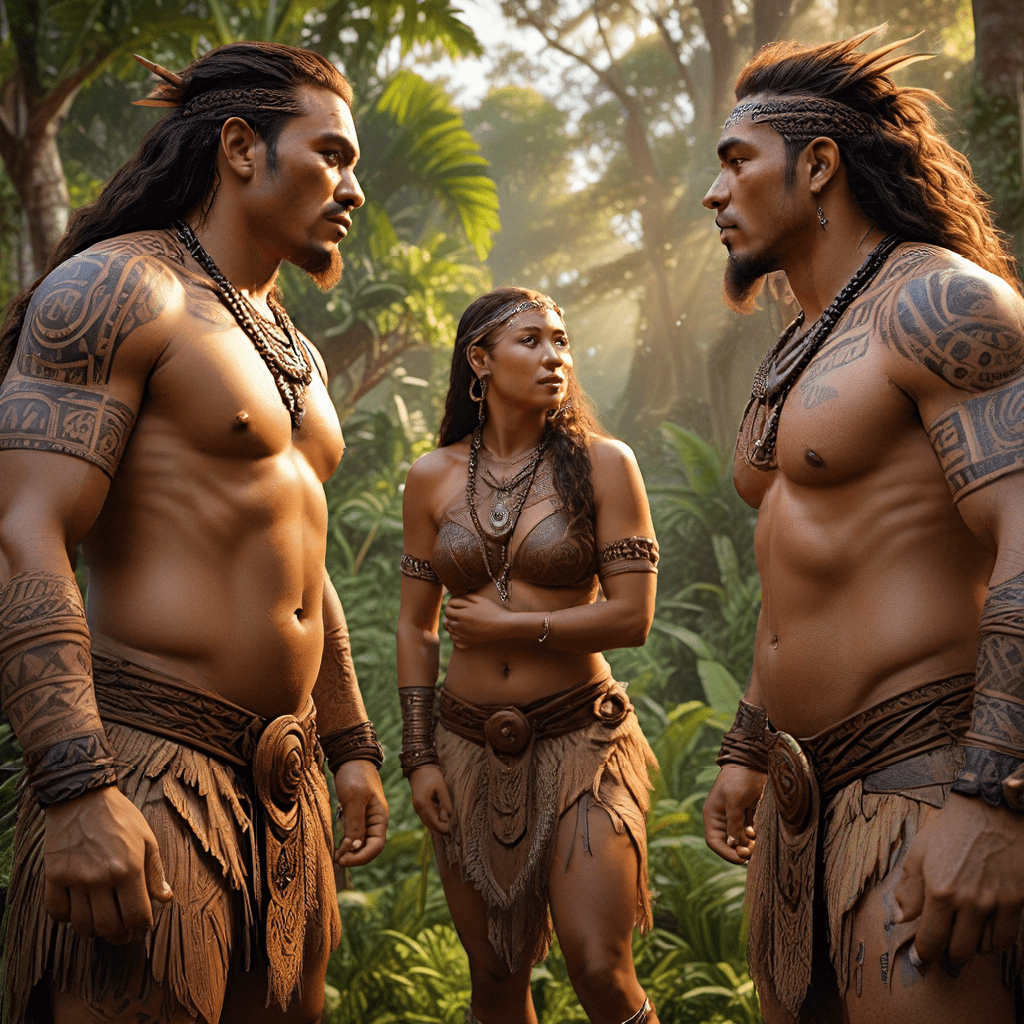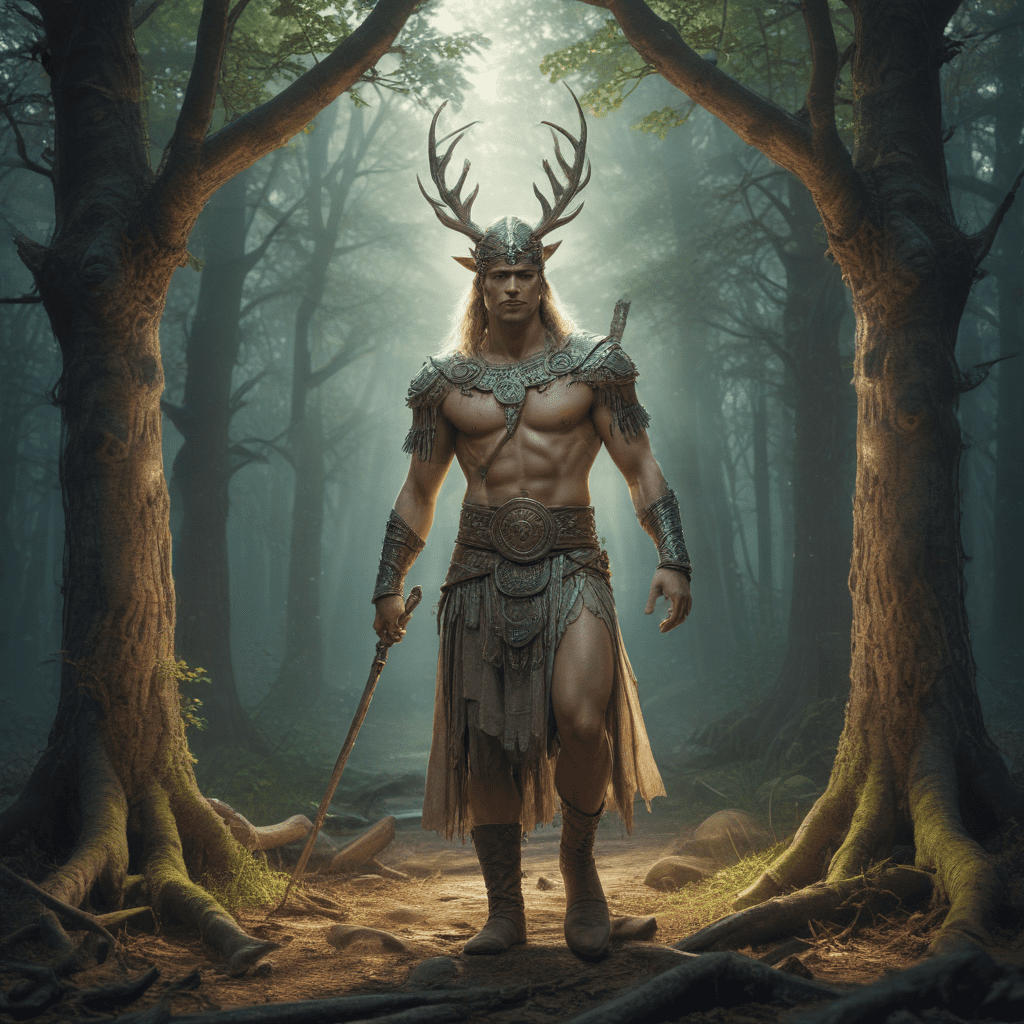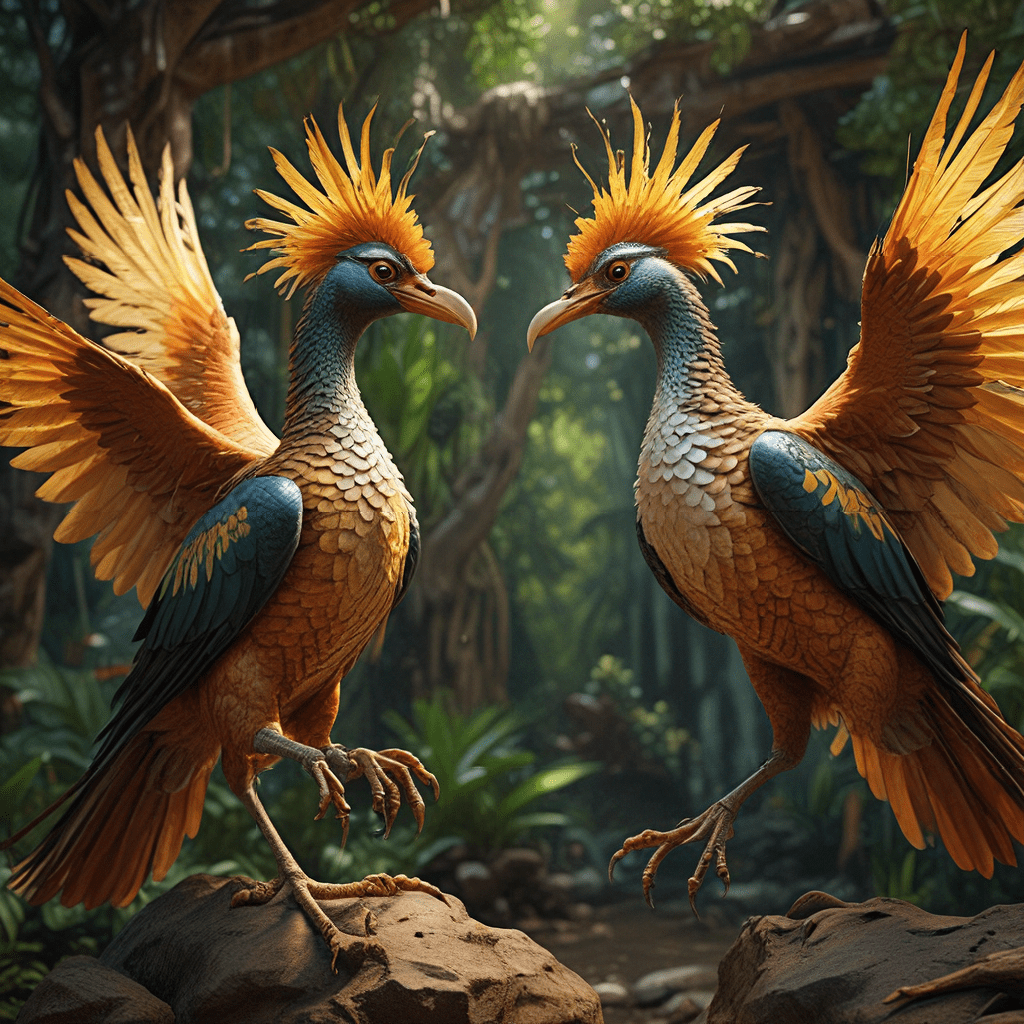The Power of the Tangata Whenua: Understanding Maori Concepts of Friendship and Loyalty
The Maori people of New Zealand have a rich and vibrant culture steeped in ancient traditions, stories, and beliefs. At the heart of this culture lies the concept of tangata whenua, meaning "people of the land." This powerful idea encompasses the deep connection between the Maori and their ancestral lands, as well as the importance of community and kinship. These values are reflected in their mythology, where friendship and loyalty take center stage in many epic tales.
The concept of mana also plays a crucial role in understanding Maori values. Mana refers to a person's prestige, power, and authority, which is often associated with their lineage, achievements, and relationships. Strong friendships and loyalties contribute to a person's mana and strengthen their position within the community. Loyalty to family, tribe, and even to the land itself is seen as essential for maintaining social harmony, upholding cultural traditions, and ensuring the well-being of the people.
From Tribal Bonds to Divine Connections: Exploring the Significance of Friendship in Maori Mythology
In Maori mythology, friendship is not simply a casual social connection. It is a deep and enduring bond, often forged through shared experiences, mutual respect, and a commitment to helping one another. The stories explore the various facets of friendship, from the loyalty between warriors fighting alongside each other in battle, to the unwavering dedication between loved ones facing difficult circumstances.
Friendship is often depicted as a sacred bond, a reflection of the divine connections that bind the Maori people to their ancestors, gods, and the natural world. The stories teach valuable lessons about the importance of trust, honesty, and empathy in maintaining strong relationships. These lessons, passed down through generations, offer guidance on how to navigate the complexities of human connection and build lasting bonds.
The Unbreakable Promise: Loyalty and Sacrifice in Ancient Maori Tales
Loyalty is a cornerstone of Maori culture, and it is deeply intertwined with the concept of whanaungatanga, a term that encompasses family, kinship, and community. Maori myths emphasize the importance of unwavering loyalty to one's tribe, family, and friends. These tales often feature characters who make extraordinary sacrifices for their loved ones, demonstrating the lengths to which they will go to uphold their commitments.
The importance of loyalty can be seen in the stories of legendary figures like Maui, the trickster god who traveled far and wide to retrieve the sun and moon for the Maori people. His unwavering loyalty to his siblings and his determination to bring light to the world exemplify the values of courage, dedication, and sacrifice. These stories serve as powerful reminders of the strength and resilience that come from strong bonds of loyalty.
The Role of Atua (Gods) in Shaping Friendships and Loyalties
The Maori pantheon of gods and goddesses, known as atua, play a significant role in shaping the values and beliefs of the people. These deities are not simply distant and unapproachable figures; they are actively involved in the lives of the mortals, influencing their relationships, guiding their actions, and shaping their destinies.
Many Maori myths center around the atua and their relationships with each other, offering insights into the complexities of love, loyalty, and betrayal. These stories demonstrate the power of friendship and the consequences of broken promises or acts of disloyalty. By examining the interactions of the atua, the Maori people gain a deeper understanding of their own moral compass and the importance of upholding ethical principles in their own lives.
Navigating the Realm of the Supernatural: How Spirits Influence Relationships in Maori Mythology
The realm of the supernatural is an integral part of Maori mythology, and it influences the relationships between both mortals and the spiritual world. Spirits, ancestors, and atua are all believed to be present in the everyday world, offering guidance, protection, or even challenging individuals to test their courage and loyalty.
Maori myths often depict the interactions between mortals and spirits, exploring the ways in which these supernatural entities can shape relationships. Sometimes, spirits serve as friends and mentors, offering wisdom and support. Other times, they act as guardians or protectors, ensuring the well-being of those they have sworn to defend. These stories highlight the interconnectedness between the physical and spiritual realms, reminding the Maori people that their relationships extend beyond the tangible world.
The Stories of Heroes and their Loyal Companions: Examples from Maori Mythology
Maori mythology is filled with tales of brave heroes and their loyal companions. These stories highlight the importance of trust, teamwork, and unwavering support in overcoming challenges and achieving great feats.
One such tale is the story of Maui, the trickster god who embarked on various adventures to improve the lives of the Maori people. He was often accompanied by his brothers, who played crucial roles in his successes. Together, they faced dangers, solved problems, and celebrated victories. Their bond as brothers was unbreakable, and their loyalty to each other was paramount.
Another example is the story of Tane, the god of forests and birds, who was a loyal friend to Rongo, the god of cultivated foods. They worked together to create a bountiful world for the Maori people and ensured their prosperity.
These stories illustrate the power of companionship and the strength that comes from working together towards a common goal.
The Metaphorical Significance of Nature: Symbolism of Trees, Birds, and Animals Representing Friendship and Loyalty in Maori Stories
Nature plays a significant role in Maori mythology, and its elements often serve as metaphors for human relationships. Trees, birds, and animals are often used to symbolize friendship, loyalty, and the interconnectedness of life.
Trees, for instance, are seen as powerful symbols of strength, resilience, and longevity. They represent the enduring bonds of friendship, the deep roots that connect individuals to their ancestors, and the unwavering support they can provide.
Birds are often associated with freedom, communication, and the ability to soar above challenges. They represent the importance of trust, communication, and the ability to rely on each other for support and guidance.
Animals, such as the kiwi and the moa, symbolize the importance of family, community, and the interconnectedness of life. They represent the bonds that hold individuals together, the shared responsibilities of a community, and the vital role of each member in maintaining harmony and balance.
Through these metaphors, Maori stories convey the interconnectedness of all living things and the importance of fostering healthy relationships for the well-being of the whole.
The Impact of Inter-Tribal Conflict: How Relationships are Tested and Strengthened through Adversity
While Maori myths emphasize the importance of friendship and loyalty within tribes, they also acknowledge the reality of inter-tribal conflict. These conflicts, often rooted in territorial disputes or resource scarcity, tested the bonds of friendship and loyalty, revealing the strength and resilience of individuals and communities.
In these stories, warriors fought valiantly for their tribes, demonstrating their unwavering loyalty and commitment to protecting their people. However, these conflicts also brought about moments of betrayal, sacrifice, and forgiveness.
Through these stories, the Maori people learned valuable lessons about the complexities of human relationships, the importance of forgiveness, and the power of reconciliation in overcoming adversity. They learned that even in the face of conflict, trust and loyalty can play a vital role in fostering peace and rebuilding communities.
Reinterpreting the Maori Worldview: How Contemporary Society Can Learn from the Values of Ancient Maori Stories
Maori mythology offers valuable insights into the importance of friendship, loyalty, and community that are relevant to contemporary society.
The stories emphasize the interconnectedness of all living things, the importance of respecting nature, and the power of community in overcoming challenges. These values are particularly relevant in today's increasingly interconnected world, where issues such as climate change, social inequality, and global conflict demand collaboration and cooperation.
By learning from the values embedded in Maori mythology, we can strengthen our own relationships, foster a sense of community, and work towards a more just and sustainable future for all.
From Oral Tradition to Modern Narrative: The Enduring Power of Maori Mythological Tales of Friendship and Loyalty
Maori myths have been passed down through generations, transforming from oral traditions to written stories and modern narratives. The enduring power of these tales lies in their ability to inspire, teach, and connect people across time and cultures.
These stories highlight the universal human values of friendship, loyalty, and the importance of community. They provide timeless lessons that can guide us in building strong relationships, navigating challenges, and creating a more just and harmonious world.
The enduring power of Maori mythology lies in its ability to speak to the hearts and minds of individuals, reminding us of the fundamental values that connect us as human beings.
FAQ
Q: What are some popular Maori myths about friendship and loyalty?
A: Popular myths include the story of Maui and his brothers, the story of Tane and Rongo, and the story of the Ngati-Tuwharetoa tribe and their loyal ancestors.
Q: What are some key themes in Maori myths about friendship and loyalty?
**A: ** Key themes include the importance of trust, honesty, empathy, respect, and mutual support. These themes emphasize the power of strong bonds and the importance of community.
Q: How can contemporary society benefit from learning about Maori values of friendship and loyalty?
A: We can learn to strengthen our own relationships, foster a sense of community, and work towards a more just and sustainable future. These values are applicable to tackling global challenges and fostering a more harmonious world.



